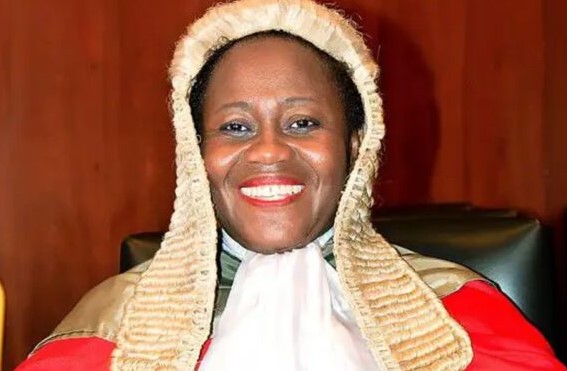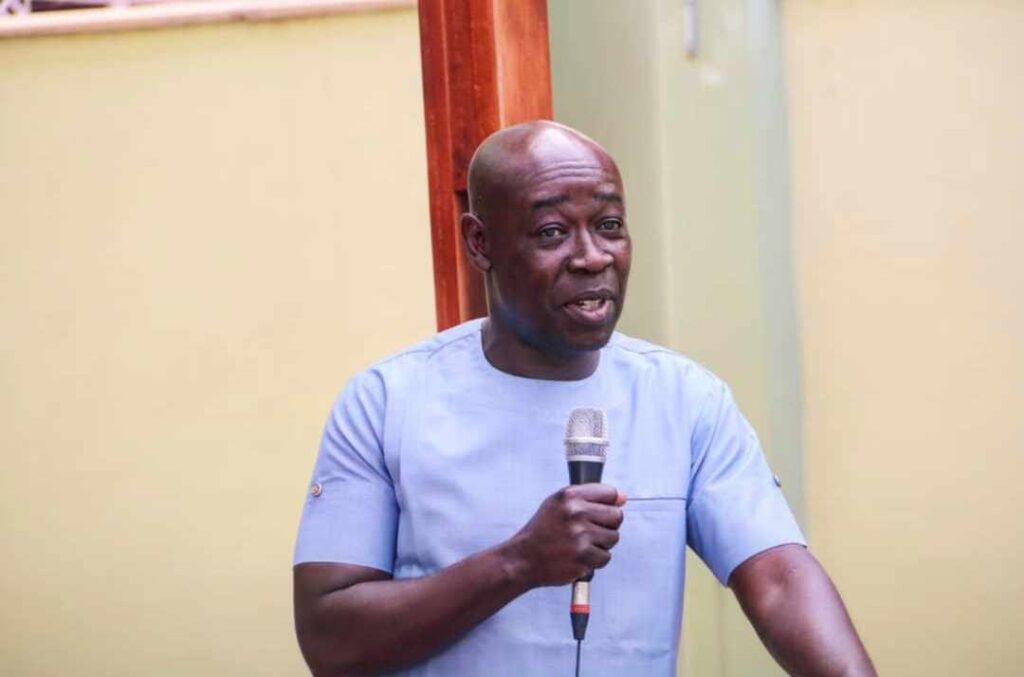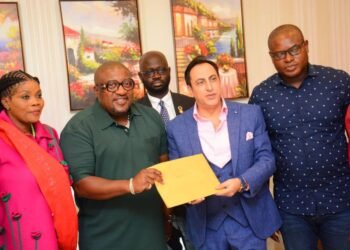Public trust is often said to be damaged when a professional organisation charged with upholding the rule of law starts to interpret the Constitution in ways that are better left to the courts.
With the Ghana Bar Association’s (GBA) most recent resolution demanding the revocation of the Chief Justice’s suspension and the retraction of the Acting Chief Justice’s case-assignment directives, many legal activists and academics view this as a concerning case.
One of Ghana’s leading legal experts, Thaddeus Sory, has been unreserved in his criticism of the Bar’s resolution.
In a very scathing critique written under the title “Revoke and Suspend the Bar,” Sory slammed the GBA and accused them of constitutional misunderstanding, legal hypocrisy, and inconsistency.
“This will be brief and direct. Perhaps it’s no surprise that it took two clear days for the Ghana Bar Association’s resolution to finally see the light of day. It was only in the afternoon of 29th April 2025, that a signed copy of the Bar’s resolution—passed on Saturday, 26th April—surfaced publicly.”
Thaddeus Sory, Legal Practitioner
The resolution advances two main arguments: first, that the Acting Chief Justice should withdraw his directive on case assignments, and second, that the President should revoke what the Bar describes as the unconstitutional suspension of the Chief Justice.

Sory finds these positions not only legally untenable but embarrassingly misguided. On the issue of case assignment, Sory rightly pointed out that such authority is not vested in any individual person but in the Office of the Chief Justice.
He strongly posited that it is an administrative duty historically executed by the Chief Justice, whoever holds the position, including one serving in an acting capacity.
The implication of the Bar’s resolution, Sory argued, is that the suspended Chief Justice retains ownership of the powers of her office.
“The Bar’s position implies that the powers of the office are personal to the suspended Chief Justice. But when she was in office, the Bar raised no objections as she reassigned judges and altered case allocations.
“Did they then suggest she rely on an algorithm or random generator to assign cases? Were her removals and replacements of judges questioned?”
Thaddeus Sory, Legal Practitioner
Even more damning is Sory’s accusation that the Bar stood by in silence when the suspended Chief Justice allegedly engaged in actions that were “unconstitutional and unlawful,” including issuing administrative guidelines and practice directions that, in his words, led to financial loss to the Republic.

He recalled publicly critiquing these actions, questioning the existence of the Ghana Bar Association at the time.
Implied Powers of Article 146(10)
Turning to the legal heart of the matter, Sory drew attention to Article 146(10) of the 1992 Constitution, which states that “the President may, acting in accordance with the advice of the Council of State, suspend the Chief Justice.”
He dismantled the Bar’s claim that the President acted unconstitutionally by suspending the Chief Justice without statutory backing.
According to him, the Constitution itself provides the authority, and there is no need for additional statutory instruments or regulations.
The phrase “may, acting in accordance with the advice”, according to Sory is not an invitation for presidential discretion but rather a constitutional instruction to follow the Council of State’s advice.
He emphasised that once that advice is rendered, the President is bound to “act no more, no less”.
“There is no need for threats or rhetorical outrage. If the Bar believes it has a case, let it go to court. But history is not on their side. Past attempts have yielded embarrassing defeats.
“Even outside of constitutional litigation, our respected colleague Ward Brew has repeatedly prevailed in court against the Bar”.
Thaddeus Sory, Legal Practitioner
Sory strongly asserted that the law is not the sole preserve of the Bar’s interpretation, nor is the law in the bosom of the Bar, adding that interpretation of law in a constitutional democracy is not the monopoly of professional associations.

To him, it is the solemn responsibility of the courts, and ultimately the people, through the Constitution.
This public rebuke by Sory lays bare what many consider a deepening crisis within the Ghana Bar Association. In a political moment where legal clarity is essential and the judiciary’s independence hangs in a delicate balance, the Bar must tread carefully.
For many like Sory, the Bar’s latest resolution appears more political than principled, and its constitutional interpretation, according to many, lacks the rigour expected of a body of its stature.
If the Bar wishes to maintain its relevance and credibility, it must confront uncomfortable truths about its internal inconsistencies and role in shielding or enabling questionable judicial conduct.
Otherwise, it risks becoming not a guardian of the law, but what many describe as a partisan commentator cloaked in legal authority.
READ ALSO: Blair Urges Shift In Climate Strategy Focus







